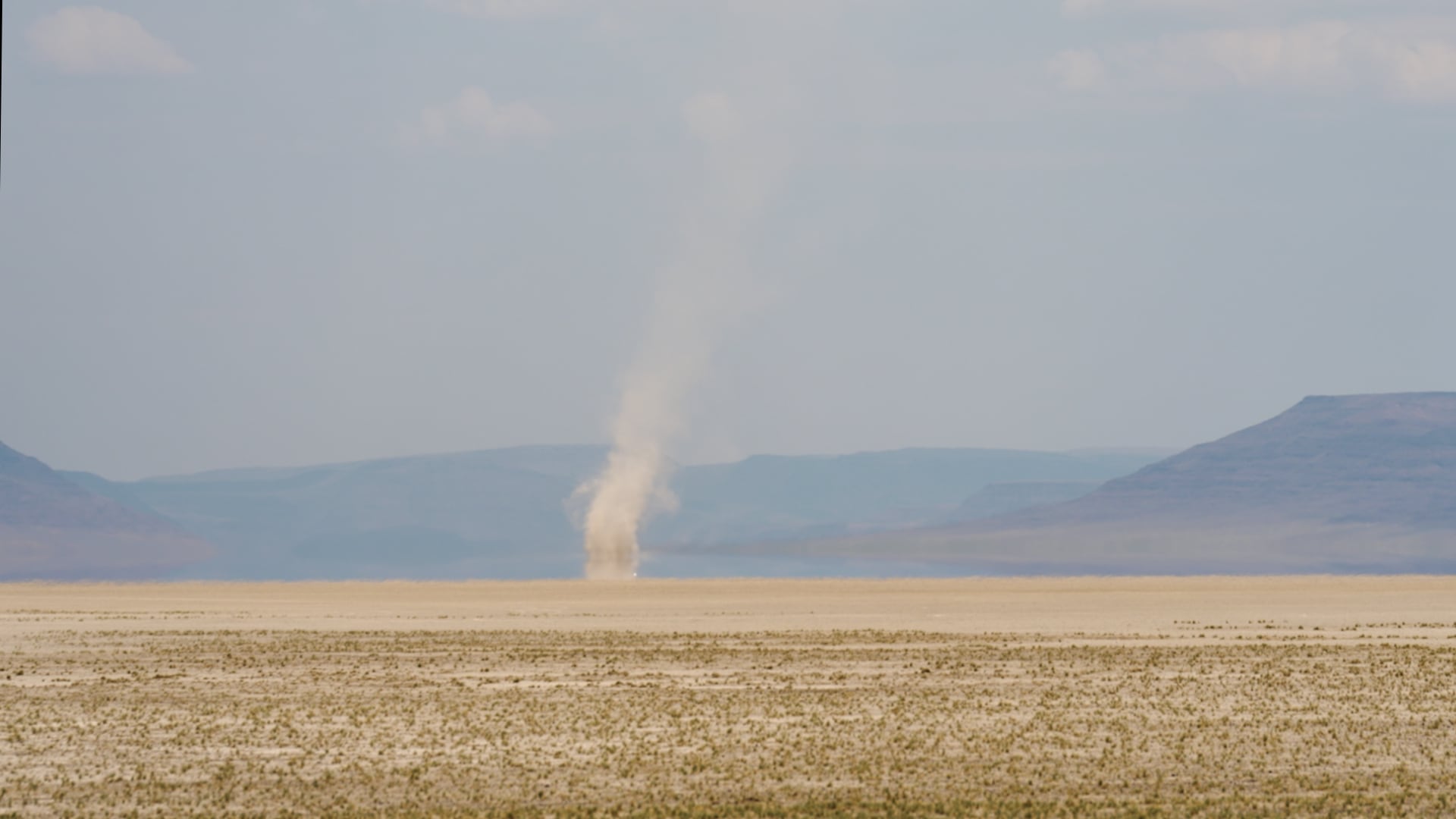

Published on: 07/06/2025
This news was posted by Oregon Today News
Description
Boise State University physics professor Brian Jackson brought a team of scientists to the Alvord Desert in southeast Oregon in June 2024 to study dust devils — small whirling cyclones of dust that form in hot, dry conditions.
Using a grid of wind sensors and weather stations, the researchers aimed to capture data as these dusty vortices passed through their measurement array. The challenging fieldwork serves as crucial research for understanding a similar phenomenon on Mars, where dust devils can reach a kilometer in width — 10 times larger than their counterparts on Earth.
“Dust devils probably are a major contributor to the climate on Mars,” Jackson said, noting that dust suspended in Mars’ atmosphere functions similarly to greenhouse gases. Understanding these formations could help predict Martian climate patterns and benefit rover missions, as the wind from dust devils can remove dust and debris from rover solar panels and allow them to function longer.
Despite careful planning, capturing dust devils proved difficult for the research team.
“Studying dust devils can be quite tricky,” said Lori Fenton, research scientist at SETI Institute who joined the team for their research in the Alvord Desert. “We might set up our instruments and see them all on the horizon and only get one or two.”
The knowledge gained from research in the Alvord Desert could help plan future missions to Mars with and without human crews.

News Source : https://www.opb.org/article/2025/07/06/oregon-alvord-desert-dust-devils-study-mars-research/
Other Related News
07/06/2025
What we read can lead to improved humanity Last week ...
07/06/2025
Kerr County Sheriff Larry Leitha says that 11 campers and a camp counselor are still missi...
07/06/2025











